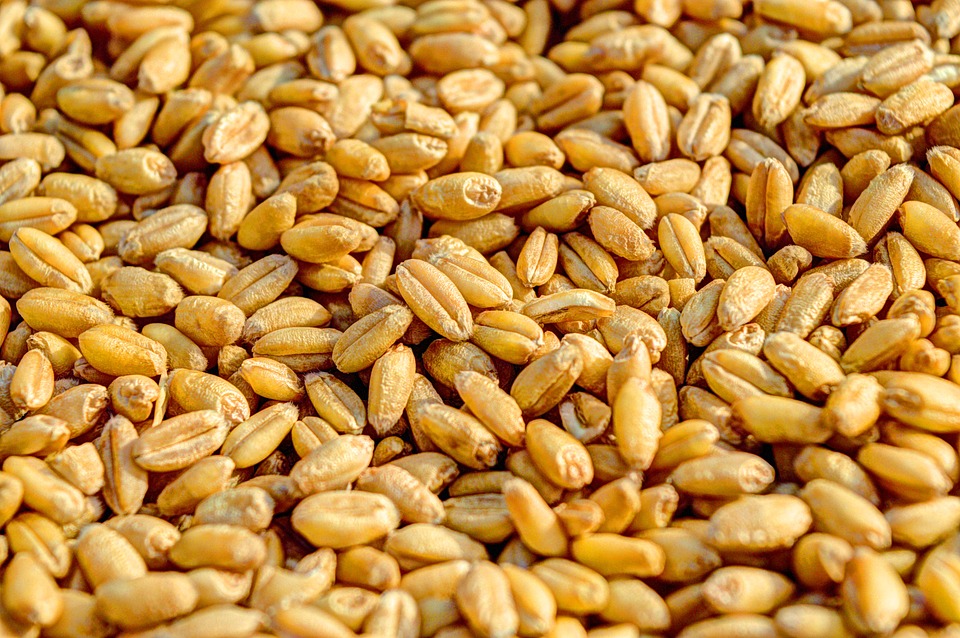Environment & Nature
Gov’t plans to produce 1,700 kg of organic crop seeds in 2018

The Bureau of Plant Industry is planning to produce this year 1,725 kilograms (kg) of organic crop seeds for distribution to interested growers nationwide. (Pixabay photo)
MANILA — The Bureau of Plant Industry is planning to produce this year 1,725 kilograms (kg) of organic crop seeds for distribution to interested growers nationwide.
This year’s production target covers 500 kg of corn seeds, 300 kg of certified lowland vegetable seeds, 900 kg of potato seeds and 25 kg of semi-temperate vegetable seeds, said the bureau’s organic agriculture focal person Jenny Lyn Añana.
“We’ll distribute the seeds for free,” she said.
Añana said even people in calamity areas can request organic seeds from the Bureau of Plant Industry if they want to plant and grow these.
Aside from corn and potato seeds, the government agency, also aims to produce eggplant, upo (bottle gourd), patola, pechay, carrot, lettuce, and radish seeds, according to Añana.
Añana said the organic seeds will be produced in the bureau’s agricultural centers nationwide.
The centers are in Baguio City, Davao City, Guimaras province, Los Banos in Laguna province, and La Granja in Negros Occidental province, she noted.
The bureau’s stocks of organic seeds do not last long due to increasing demand for these planting materials, said Añana.
“We release the seeds as soon as possible to those requesting these,” she said, adding around 2,200 kg of organic corn, vegetables, and potato seeds were distributed last year.
Añana said the bureau cannot store its organic seeds for long periods, since these are easily prone to pest attacks.
“Organic seeds are pesticide-free,” she noted, adding the implementing rules of the Organic Agriculture Act of 2010 had expanded the bureau of plant industry’s role in helping enhance the development of organic farming systems nationwide.
The International Federation of Organic Agriculture Movements defines organic agriculture as “a production system that sustains the health of soils, ecosystems, and people,” the bureau said.
Apart from ensuring availability of quality seeds, the bureau’s tasks are ensuring the safety of plant food, development of crop farming technologies, and safeguarding the country’s plant industry.
Earlier, the agency reported investing in certified organic farms producing seeds of cereals, legumes, lowland vegetables, and semi-temperate crops aside from setting up a certified organic orchard for tropical fruits.





















